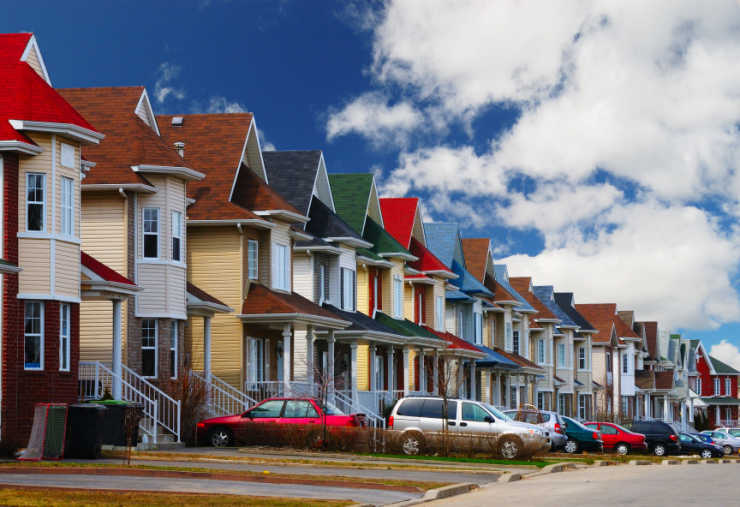Originally posted March 28, 2023.
There is a forgotten America, Jane Menton reminds readers of her father’s “Manhattan Contrarian.”
America’s middle and lower classes – somewhere between the “fabulously” wealthy and those in “grinding” poverty – are America’s forgotten class. This group is going to take a direct hit from laws that are going to restrict or take direct aim at their quality of life.
Laws to Eradicate the Use of Fossil Fuels
Laws that restrict fossil fuel usage will automatically raise the cost of electricity, meaning people will have to pay more for the same level of use or immediately start cutting back.
The first people to make cutbacks will be those who live on the tightest budgets, the types who will notice if their annual heating bill suddenly goes up by $500 or even $1000. This is the average American, not the 1%, and it’s already becoming a reality in Europe: a friend recently confessed to me that her extended family in Italy had moved from two apartments into one for the winter because collectively they could only afford to heat one apartment. My friend thought that was a reasonable sacrifice to make to protect the climate. Might communal housing soon become an economic necessity for many?
Ms. Menton lists a few things that we currently take for granted that will quickly become difficult to afford as fossil fuels get restricted:
- heat and air-conditioning
- driving for leisure or for any purpose outside of commuting for work
- taking family vacations.
The Bottom Line
If electricity becomes exorbitantly expensive, people will be forced to cut back on lighting their homes and using their appliances.
Then there are even bigger questions that have yet to be addressed: how will we farm without fossil fuels? How will we run a hospital and provide life-saving care without reliable electricity? Who can say what that will do to our access to food and healthcare.
How expensive will electricity become before people have to cut back on electricity usage?
The first people to make cutbacks will be those who live on the tightest budgets, the types who will notice if their annual heating bill suddenly goes up by $500 or even $1000. This is the average American, not the 1%, and it’s already becoming a reality in Europe: a friend recently confessed to me that her extended family in Italy had moved from two apartments into one for the winter because collectively they could only afford to heat one apartment. My friend thought that was a reasonable sacrifice to make to protect the climate. Might communal housing soon become an economic necessity for many?
When the eggs go up to $10, the middle-class notices, but the wealthy won’t. When gas goes from $2.95 to $4.05, the middle-class notices, but the wealthy won’t. The lower, middle, and upper middle classes will be making cut backs for a while before any of the rich have to do the same.
Defining Income Inequality
Historically, poverty has meant something much different than it means today.
Being poor often meant living in one room shacks with inadequate access to food, while being rich meant living in mansions staffed with servants to attend to one’s every need. That’s what “income inequality” once meant, and that’s what income inequality still means in many parts of the developing world.
Quality of life in America only started to change dramatically after the industrial revolution and the introduction of widespread electricity and fossil fuels. And the number one thing that keeps the developing world under-developed is its limited access to those two things.
Thank Bill de Blasio, Bernie Sanders, Joe Biden, John Kerry
The beauty of our freedom-based economic order has been closing that quality of life gap between the rich and the poor, but all the progress we’ve made to lift the living standard for ordinary people could be undone with the wave of a politician’s pen.
If you’re willing to fight for Main Street America, click here to sign up for the Richardcyoung.com free weekly email.





